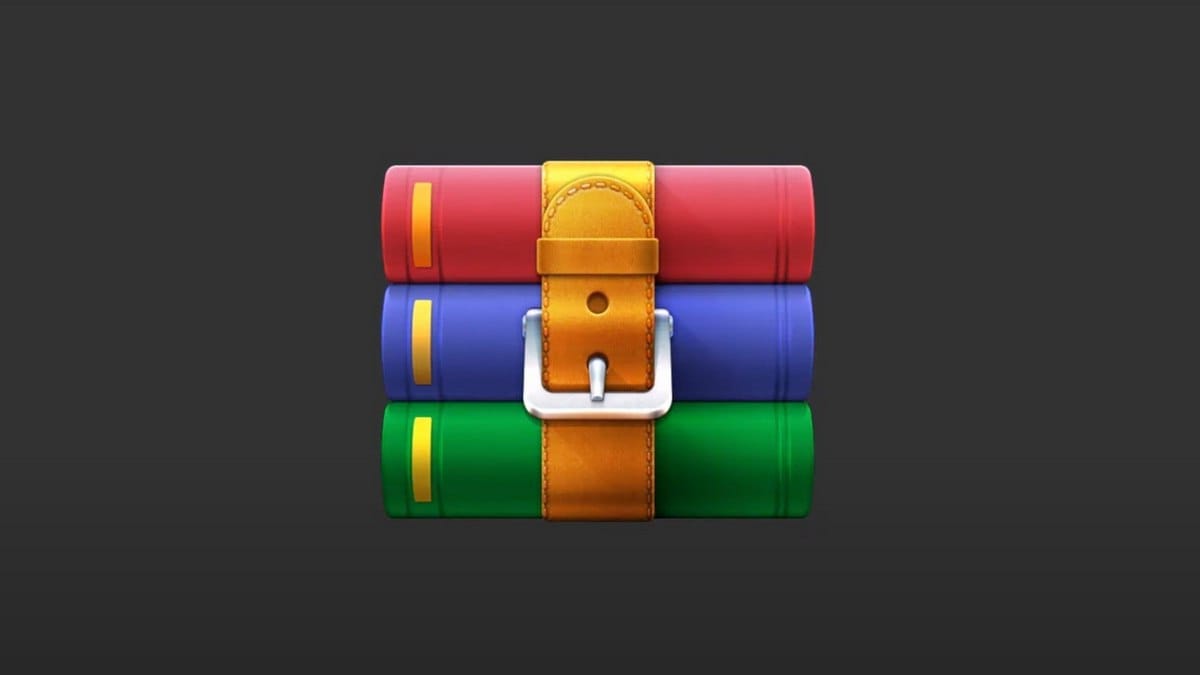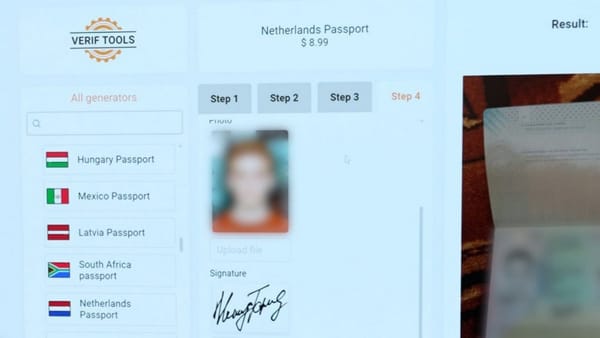WinRAR Vulnerability Allowed Malware Execution During Archive Extraction

A critical path traversal vulnerability (CVE-2025-6218) in WinRAR has been patched after researchers discovered it could allow malware to execute automatically when extracting archives. The flaw received a CVSS score of 7.8 and was reported by security researcher whs3-detonator through Zero Day Initiative in early June 2025.
Affected Versions & Fix
- Impacted: Windows versions of WinRAR 7.11 and later
- Fixed in: WinRAR 7.12 beta 1 (released this week)
How the Exploit Worked
- A maliciously crafted RAR archive could override user-specified extraction paths using a manipulated relative path.
- This allowed files to be extracted into system directories or auto-start folders (e.g.,
Startup). - If the extracted files were malware, they could execute automatically upon the next Windows login.
Potential Risks
While the malware would run with user-level privileges (not admin/SYSTEM), it could still:
- Steal browser cookies, saved passwords, and sensitive data
- Establish persistence on the victim’s system
- Provide attackers with remote access
Additional Fix: HTML Injection Flaw
WinRAR 7.12 beta 1 also patched an HTML injection vulnerability in report generation, reported by researcher Marcin Bobryk.
- Archive filenames containing
<or>could be interpreted as raw HTML tags in reports. - If opened in a browser, this could lead to HTML/JS injection attacks.
Recommendation
Users should update to WinRAR 7.12 beta 1 or later immediately to mitigate these risks.
Key Points:
- CVE-2025-6218 allowed malware execution via archive extraction.
- Malicious archives could force files into autostart locations.
- Fixed in WinRAR 7.12 beta 1 (older versions remain vulnerable).
- Secondary patch prevents HTML injection in reports.
- No admin rights needed—malware could still steal data or enable remote access.




